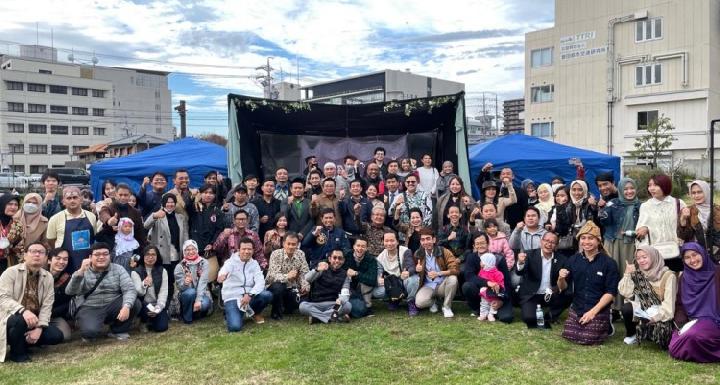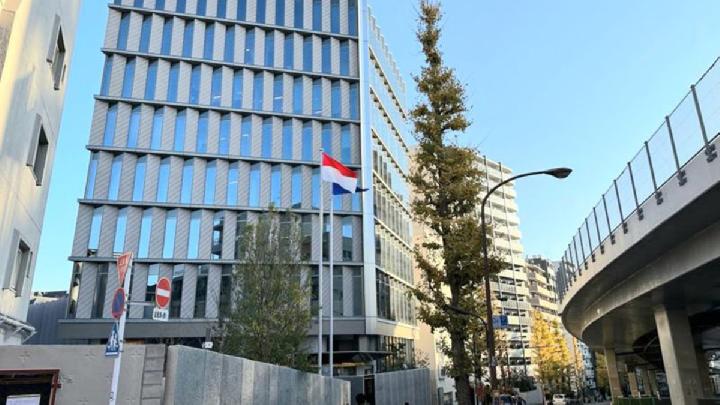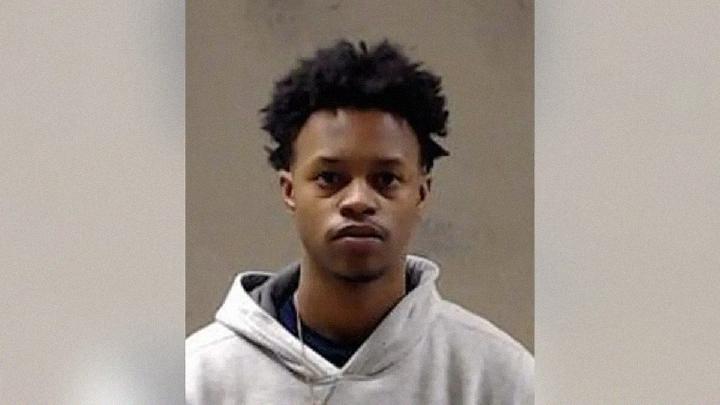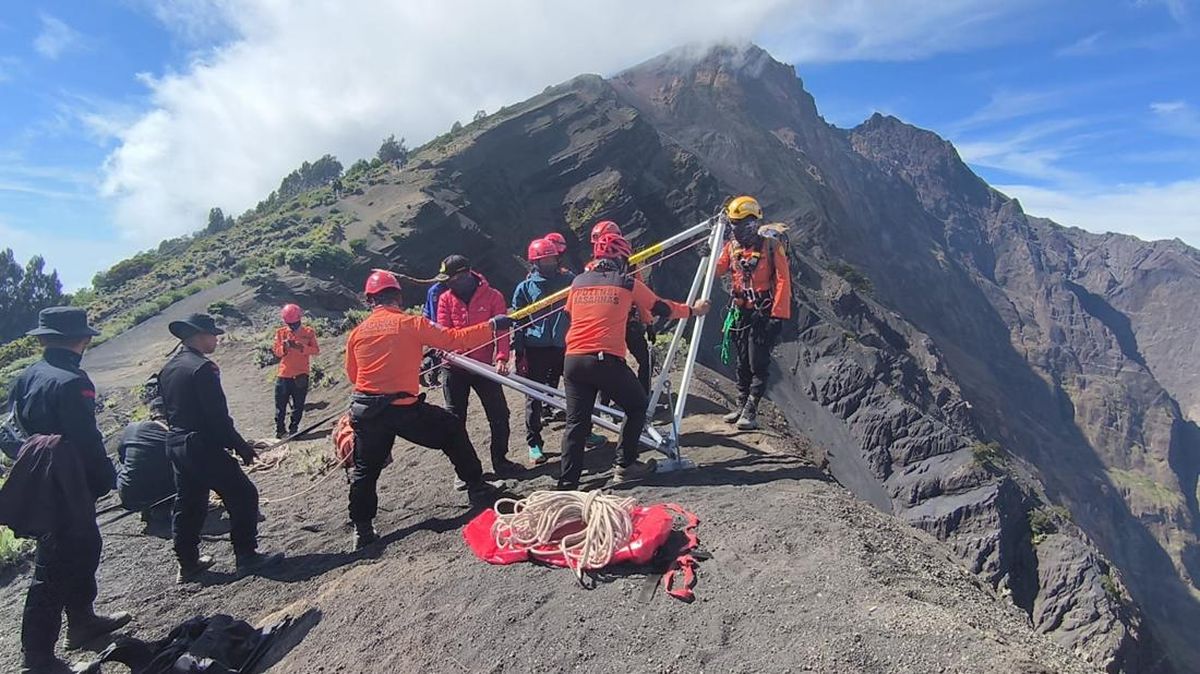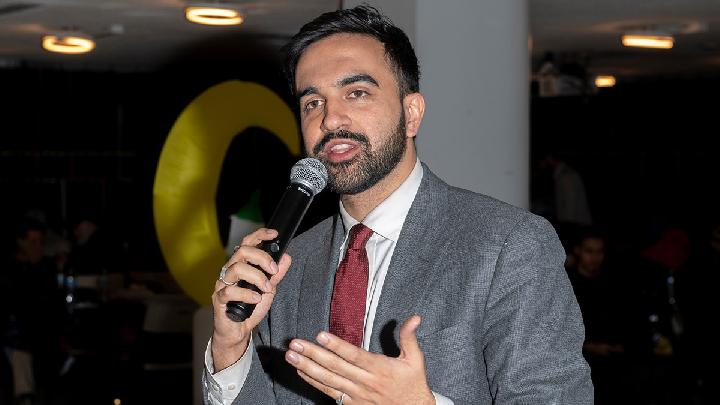Organisers have insisted the Africa Cup of Nations (AFCON) will go ahead in Morocco despite growing political unrest in the country, with the government's investment into football a key criticism.
Youth-led protests have taken place across major cities in Morocco, which have seen calls for more investment into healthcare, education and transport among the demands.
Last week, interior ministry spokesman Rachid El Khalfi said 409 people had been arrested in the protests, which have turned violent in some areas.
The government confirmed 20 protestors and 260 police officers had been injured, while some police vehicles had also been torched in the clashes.
Three people were also shot dead when attempting to storm a police station.
Protestors have targeted the Moroccan Government's investment into football, with the country hosting AFCON from December 21 and January 18.
Concerns have been raised over Morocco's hosting of AFCON amid ongoing protests
African football chief Patrice Motsepe has insisted the tournament will take place as planned
Police cars were burned as protests turned violent in the African nation last week
Speaking at the Confederation of African Football meeting in the Congo, the organisation's president Patrice Motsepe insisted AFCON will go ahead as planned despite the current unrest.
'We are absolutely convinced that the CAN will take place as planned,' Motsepe said.
'Morocco is plan A, Morocco is plan B and Morocco is plan C
'CAF will co-operate and work with the government and all the citizens of Morocco to host the most successful AFCON in history.'
A total of 24 teams are set to compete in the tournament, with nine stadiums hosting matches across six cities.
Liverpool star Mohammed Salah is expected to be among the Premier League players set to feature for their nations at AFCON.
Morocco are also one of three hosts of the 2030 FIFA World Cup with Spain and Portugal.
As part of the plans, the government is building a 115,000-capacity stadium, the Grand Stade Hassan II.
Liverpool star Mohamed Salah is among the stars expected to compete at the tournament
Youth-led protests have demanded investment in healthcare rather than football stadiums
Morocco are in the process of building a 115,000 capacity stadium for the 2030 World Cup
The government announced last week over 400 people had been arrested amid the protests
It is hoped the £3.7billion venue will be selected to host the final of the tournament.
The protests began on September 27, after the deaths of eight women in a maternity ward of a hospital in the city of Agadir.
Some reports suggested the deaths could have been prevented with better care, equipment and more staff.
Protestors have reportedly been heard chanting 'No World Cup, health comes first' and 'We want hospitals not football stadiums'.
Demonstrators have held up signs drawing a comparison between conditions in hospitals and proposed World Cup stadiums, with one protestor's sign reading 'invest in brains not games.'
Morocco's goalkeeper Yassine Bounou has been among the leading figures to offer support to the protestors demands in recent days.

 4 hours ago
9
4 hours ago
9






























